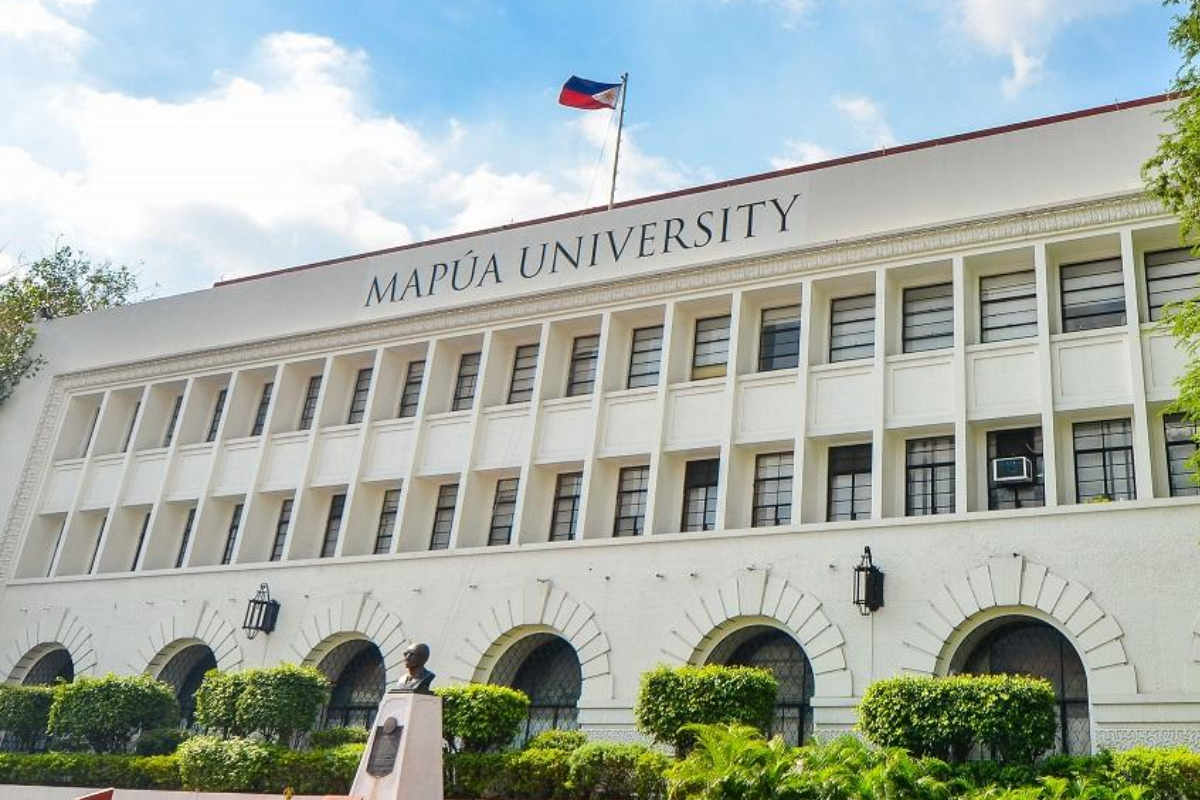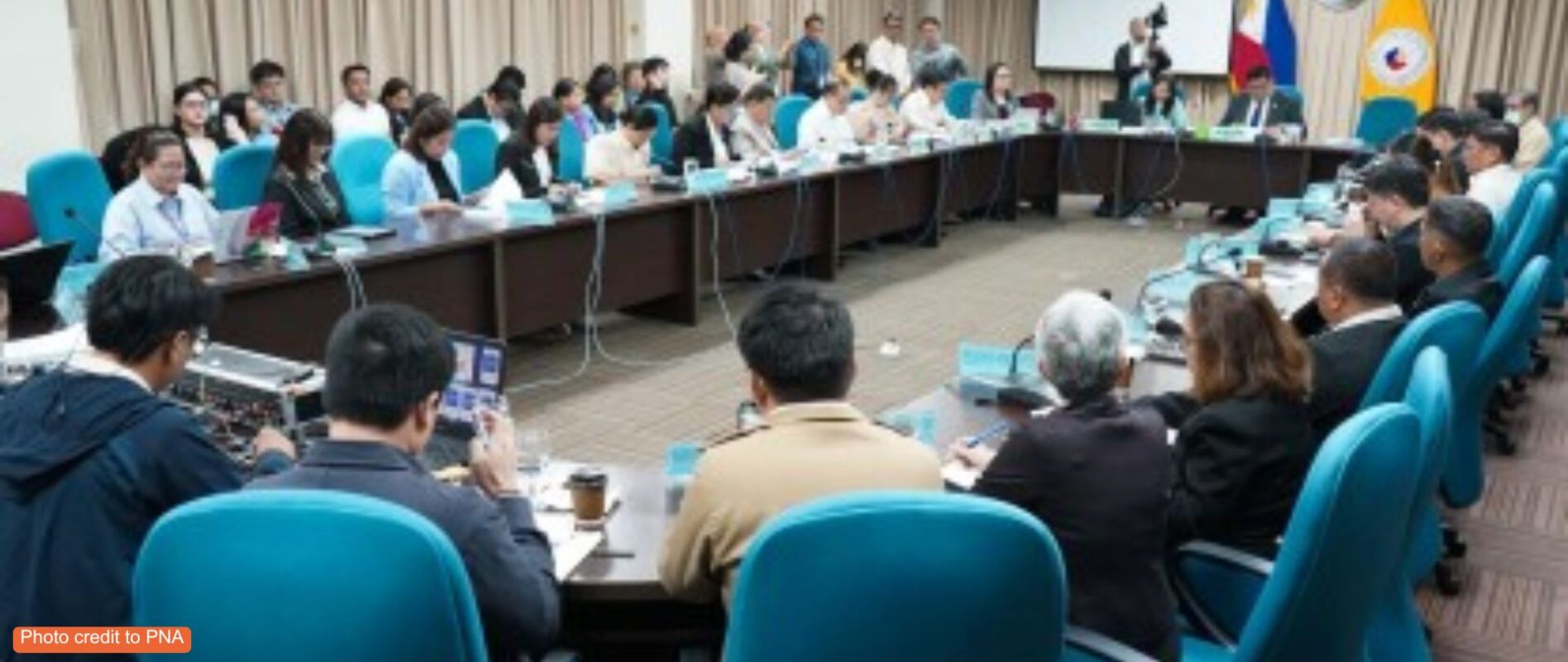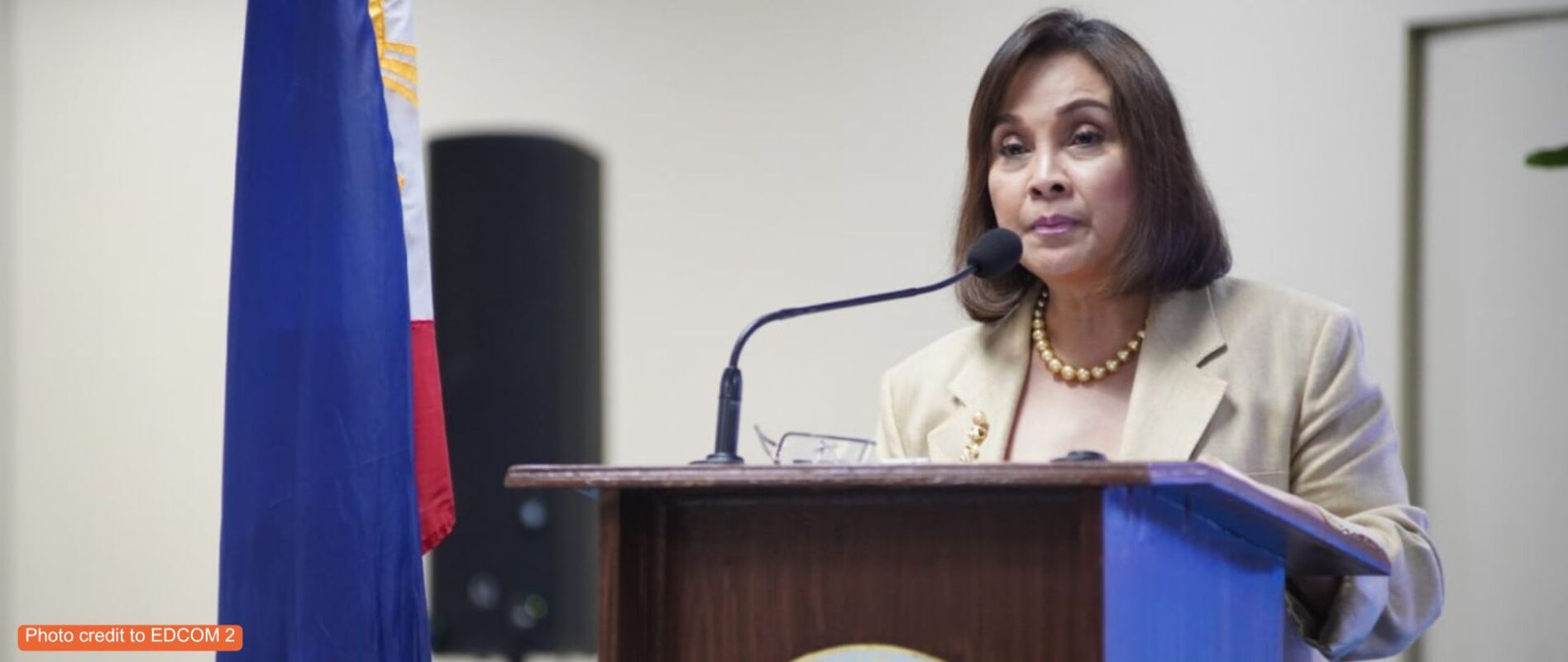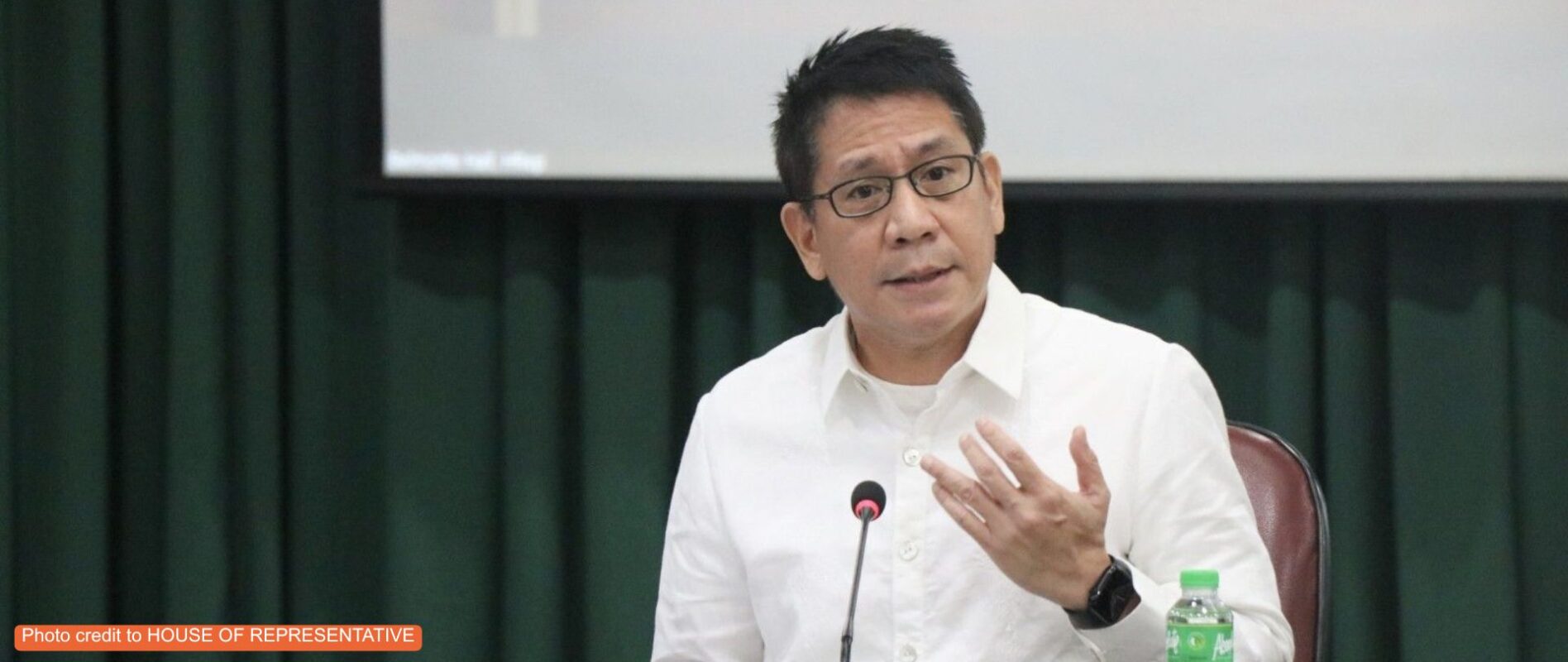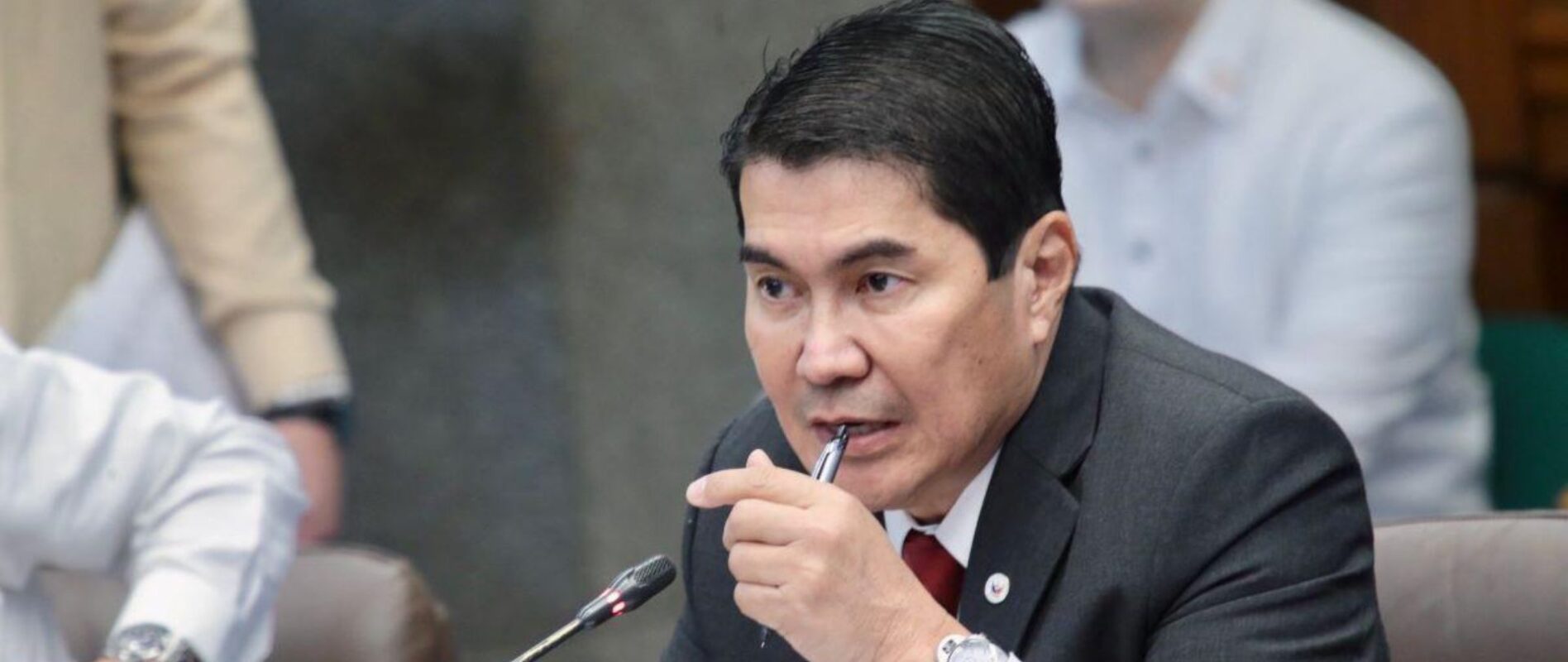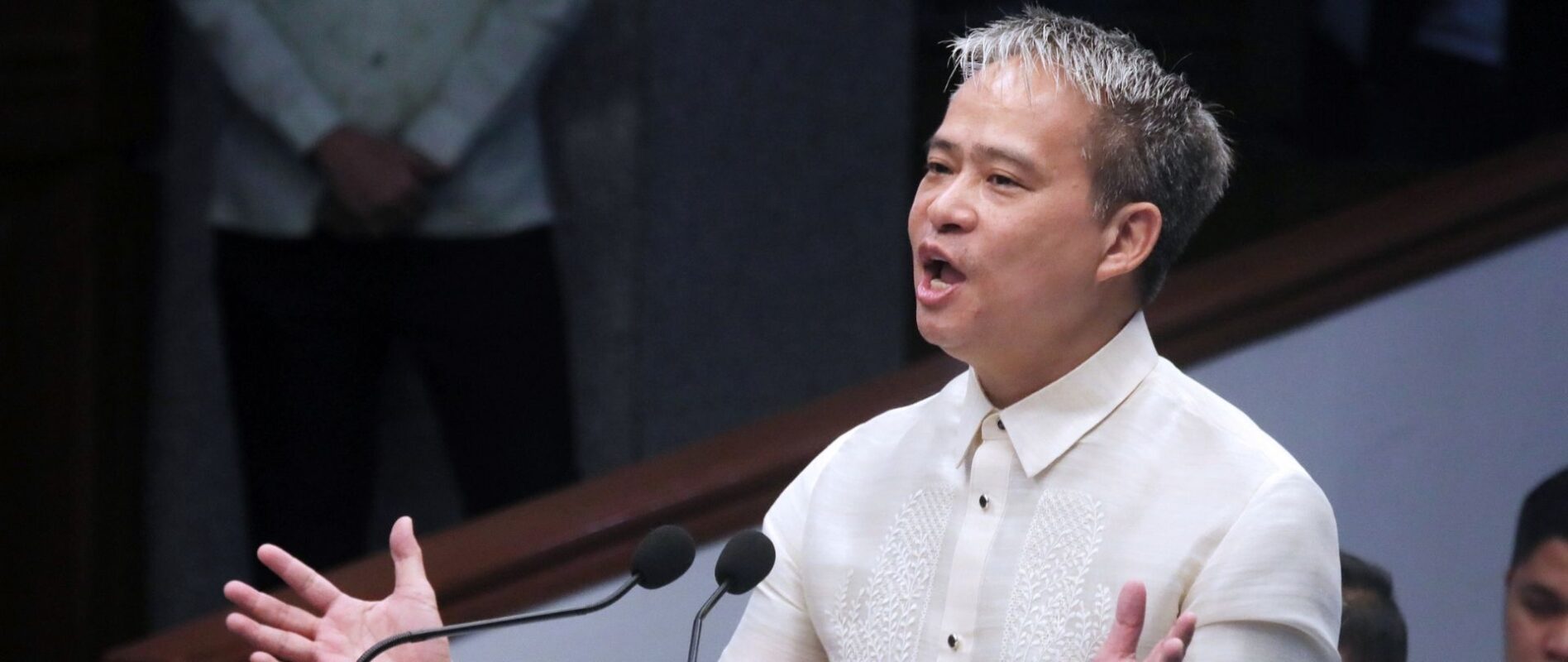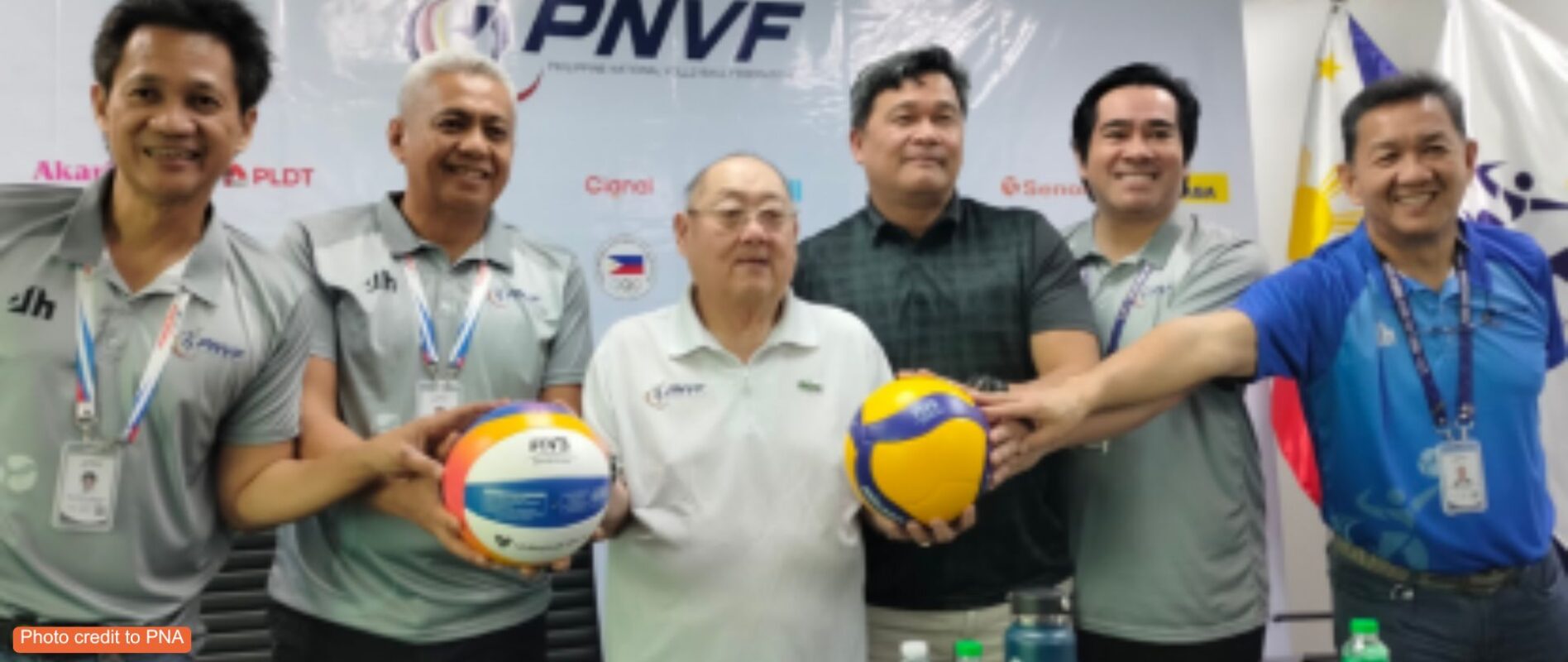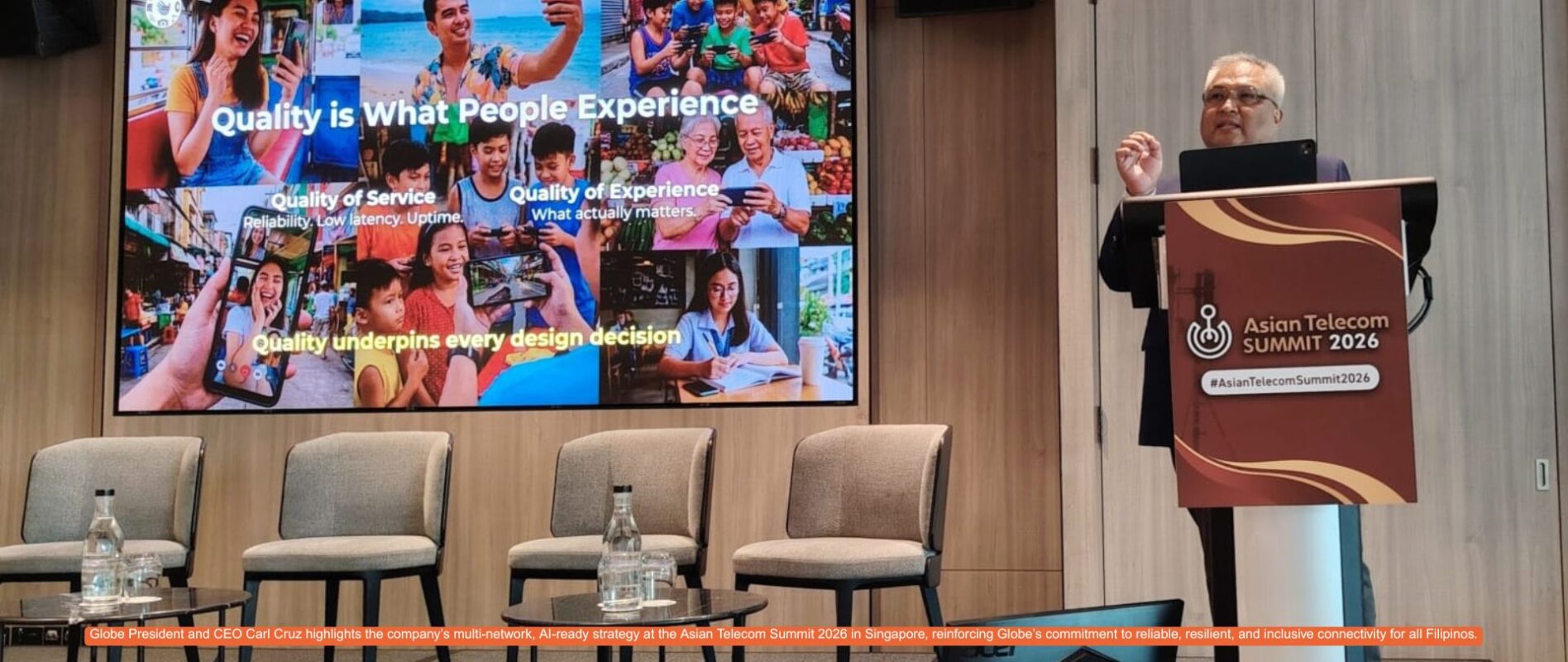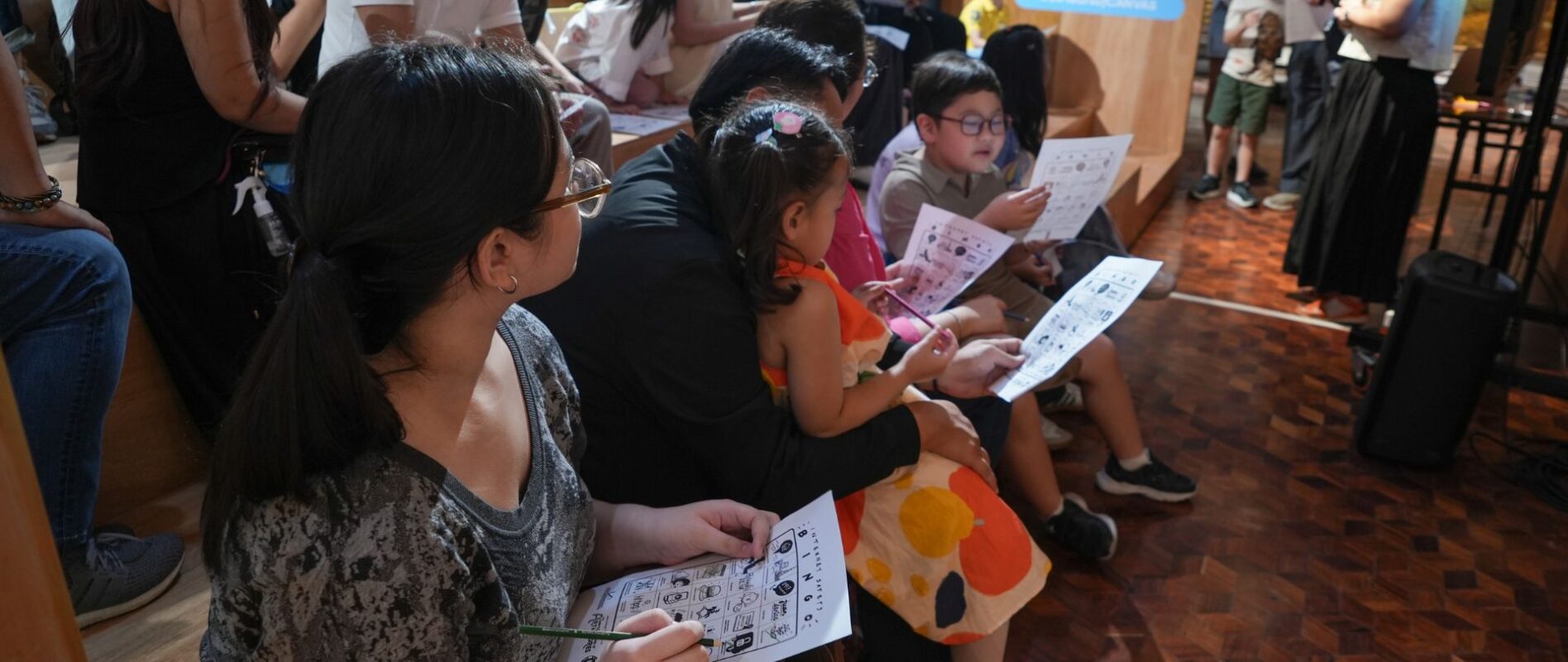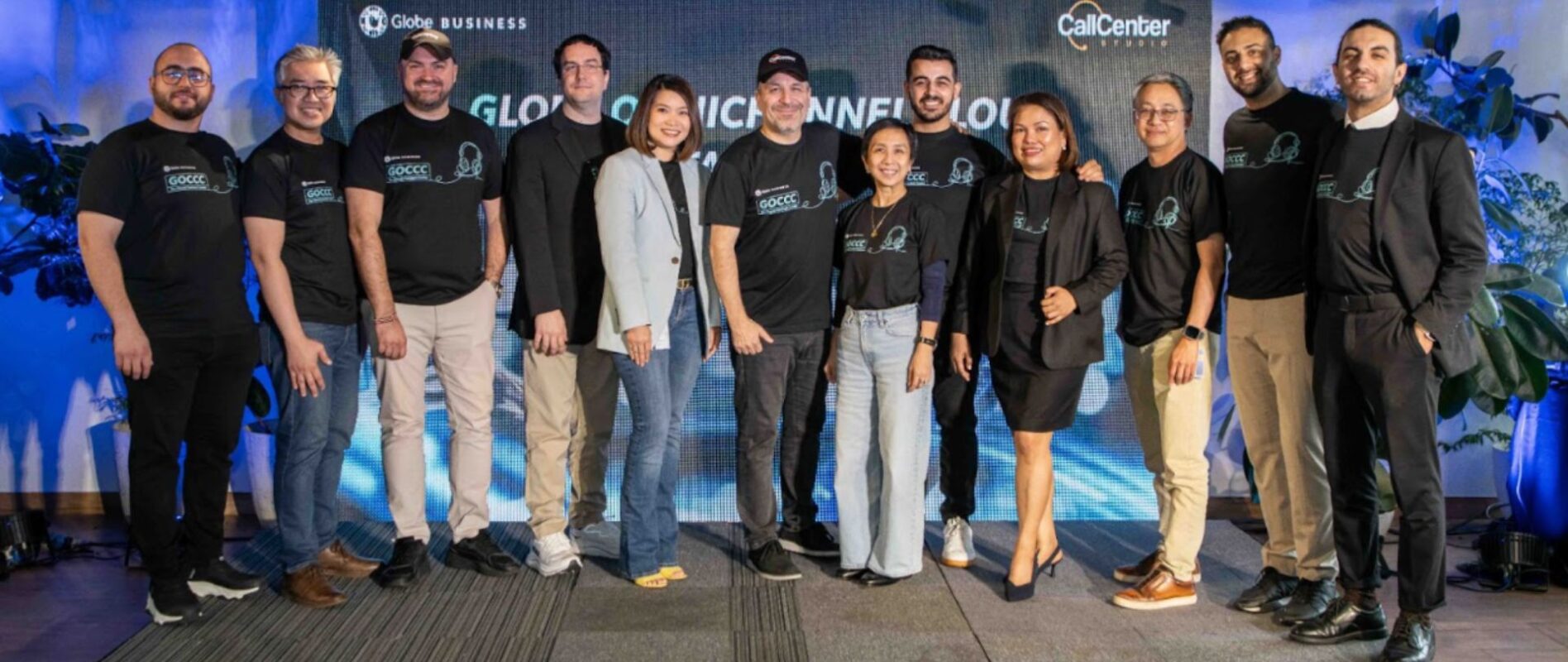MAPÚA UNIVERSITY POISED TO DRIVE INNOVATION
MAPUA University can easily rest on its laurels as a premier and world-class engineering school in the Philippines but as an institution rooted in excellence and relevance, it continues to expand its expertise and position their academic stronghold in providing a diverse array of undergraduate programs that are relevant in today’s society.
One important move that Mapúa University recently launched is the AI-integrated learning with a mission to set the standard for that kind of education in the country. Relevant modules include “Basic Prompt Engineering with ChatGPT: An Introduction,” which seeks to educate students more about LLMs (large language models) like ChatGPT and maximize its capabilities. Another one is the “AI Foundations: Scripting ChatGPT with Python,” which empowers learners to develop their foundations on the programming language of Python and create intelligent results out of it. With Mapúa’s partnership with Arizona State University, expect more AI-related courses and modules to be made available for the students.
In addition, Mapúa University collaborated with Cisco to establish the Philippines’ first digital university last year. The partnership was a move to modernize Mapúa’s traditional classroom setting with hybrid learning by utilizing Cisco’s technology such as AI-powered collaboration tools including Cisco Webex Meeting Suite, Webex Boards, Meraki Wireless and Smart Cameras.
The university has earlier partnered with software and hardware company Sophos to offer cybersecurity courses and training to equip their students with skills and knowledge on cybersecurity that would effectively help them transition from classroom to workplace setting.
Mapúa University also offers a BS Entertainment and Multimedia Computing program which equips students with expertise on game development from the creative to technical processes which can lead them to lucrative careers in the gaming industry.
“It is this kind of commitment to future-proofing the academe and the future of Filipinos that keeps Mapúa University in its game-changing and trailblazing streak. More than the innovations, its beneficiaries—the students and alumni—are the biggest testimonials of Mapúa’s legendary contribution to society. The university has long produced notable alumni by providing a learning environment that inspires students to make a difference,” said Dr. Dodjie Maestrecampo, Mapúa University President and CEO.
Among the notable Mapúa University alumni who made an impact in Philippine society are Diosdado Banatao Jr., considered the “Bill Gates of the Philippines,” an engineer, inventor, entrepreneur, aviator, and philanthropist. He developed the first single chip, 16-bit microprocessor-based calculator under Commodore International and was also credited for the first system logic chip set for IBM’s PC-XT and the PC-AT; the local bus concept; and the first Windows Graphics accelerator chip for personal computers.
William Torres, a BS Mechanical Engineering Mapúa alumnus, is known as “the Father of Philippine Internet.” He helped conceptualize and led the formulation, promotion, negotiation of three major national initiatives namely, the Government Communications Network project, the Software Development Institute project and the PhilNET project, interconnecting nationwide research and educational networks with the global Internet.
Mapúa’s BS Mining Engineering notable alumnus Arturo Alcaraz is considered as the country’s “Father of Geothermal Energy Development” for his main contribution on the study and establishment of geothermal power plants in the Philippines. In the 1980s, the country attained the second-highest geothermal generating capacity in the world—in great part due to his contributions.
There’s also Dr. Leon Chua, a Mapúa Electrical Engineering alumnus, the so-called “Father of Nonlinear Circuit Theory and Cellular Neural Networks” who’s been honored here and abroad for his influential contributions to the foundation of nonlinear circuit theory, and for inventing Chua’s Circuit and Cellular Networks. He also invented a five-element circuit for generating chaotic signals, the Chua Circuit, used by many researchers to design secure communications systems based on chaos.
On the other hand, Mapúa’s Chemical Engineering was ably represented by the late Alfonso Supetran for his success as the founder of ACS Manufacturing Corporation (Pride Laundry Detergent, Unique Toothpaste, Star Wax floorwax). Many Filipino households benefited from Supetran’s knowledge and capabilities.
In recent times, Mapúa alumni also displayed excellence with their remarkable inventions. There’s Carvey Maigue, the first ever Sustainability winner at the James Dyson Award 2020, who invented AuREUS, a device that uses fruit and vegetable waste to harness solar energy and turn it into renewable energy. Another one is graduate student Mark Kennedy Bantugon, winner of the James Dyson Award in 2021, for coming up with Pili Seal, an aircraft sealant derived from the resin of the Pili tree making it a non-toxic and less costly alternative to products currently in the market.
Mapúa is also proud to have Engineer Jeremy De Leon, national winner of the 2023 James Dyson Award, for inventing the keychain microscope Make-roscope, an affordable and portable microscope alternative when the pandemic closed down laboratories and made it difficult to study life sciences.

